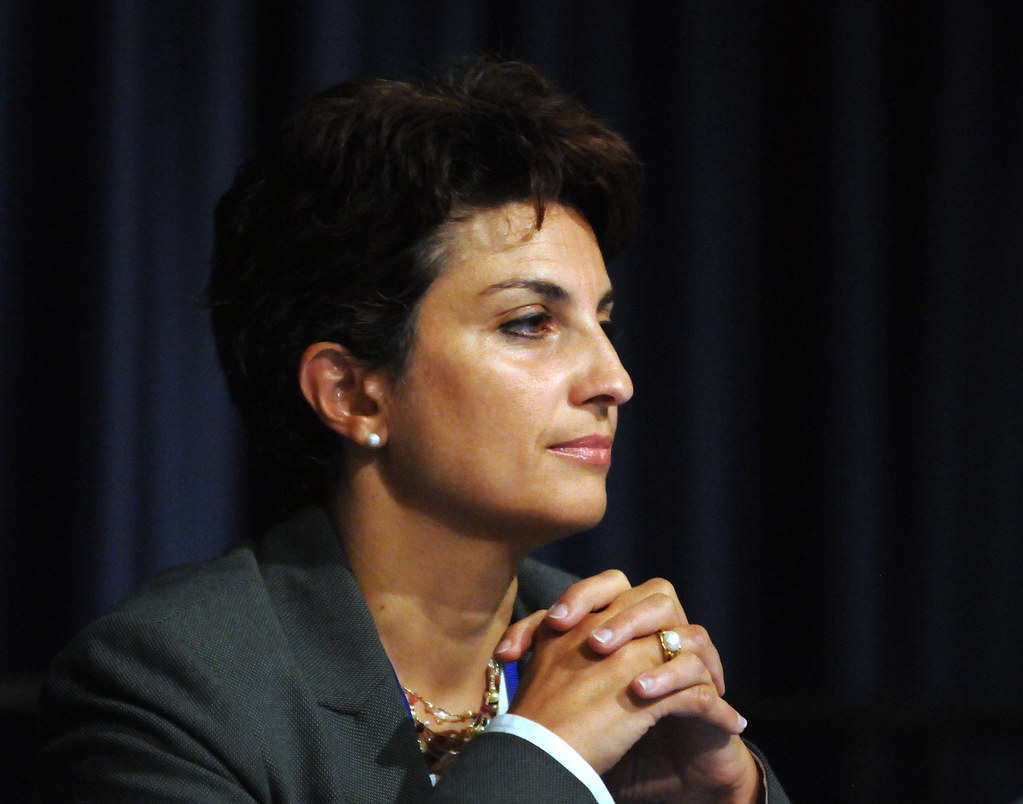The Information and Privacy Commissioner of Ontario Patricia Kosseim is urging the provincial government to establish a comprehensive structure to regulate the use of artificial intelligence (AI) within the public sector.
This suggestion forms part of the 2022 annual report from the Office of the Information and Privacy Commissioner of Ontario (IPC), which was made public Wednesday.
AI technologies, while presenting an immense potential to expedite the provision of government services and enhance sectors such as health, education, and public safety, could also pose significant risks to privacy and other human rights if not properly regulated.
These technologies typically depend on substantial amounts of personal data, which must be collected legally, be represented in a fair and equitable manner and be adequately safeguarded.
“Together with the Ontario Human Rights Commission, we urge the government to continue showing leadership by pressing forward with a robust, granular and binding framework for the responsible use of artificial intelligence technologies by public sector organizations,” Kosseim said.
“Clear and effective guardrails are needed to ensure the benefits of AI don’t come at the cost of Ontarians’ privacy and other fundamental human rights. Ontarians might want their public sector institutions to deploy AI technologies for the public good, but only if it is safe, transparent, accountable, and ethically responsible. Ultimately, innovative uses of AI must be supported and sustained by public trust.”
Read more: AI may outsmart people within two years, predicts U.K. government advisor
Read more: Elon Musk and other industry experts sign open letter urging temporary pause on AI development
The commissioner suggested three recommendations in the IPC 2022 annual report including optional and accessible digital identity systems, stronger privacy protections for workers and full implementation of Personal Health Information Protection Act (PHIPA) reforms.
In Ontario and globally, digital identity systems are being developed to simplify online transactions and identity verification for individuals. The Information and Privacy Commissioner (IPC) of Ontario is advocating for these systems to be optional and universally accessible.
These systems should limit personal information collection to the bare minimum required for identity verification and prohibit credential use tracking for other purposes. They should also be safeguarded against identity theft, fraud, and other potential harms. Transparency is crucial, and entities using these systems should be accountable and subject to independent oversight.
With the rise of remote work, employers are increasingly using electronic surveillance tools, or “bossware,” to monitor and evaluate employee performance. While transparency about electronic workplace monitoring is mandatory for larger employers, the IPC is pushing for clearer legal boundaries around the use of such tools.
They are also advocating for effective oversight of privacy rights in Ontario’s employment sector and an independent mechanism for handling employee privacy complaints.
The IPC applauds the government’s progress in consulting on regulations to support administrative penalties under the Personal Health Information Protection Act (PHIPA).
These penalties are crucial for maintaining trust in the health system by holding the few bad actors accountable. The IPC is prepared to implement this new enforcement tool fairly and proportionately.
However, they are urging the government to fully implement all other PHIPA reforms adopted in 2019 and 2020 that are still awaiting proclamation and/or regulation.
These include requirements for electronic audit logs, consumer electronic services providers, and de-identification standards.
Read more: AI video production market to reach US$1.5B by 2028: Research and Markets
Read more: Nextech3D.AI artificial intelligence tech turns text prompts to 3D materials
Global call for AI regulation and safety measures
Other government agencies and experts in AI have raised flags on its possible harmful effects on society given its rapid expansion. Matt Clifford, AI Task Force advisor for the United Kingdom’s Prime Minister, told London’s Talk TV on Monday that there is a variety of concerning risks associated with AI.
He says that it is quite concerning that experts don’t exactly understand how AI systems work and that he believes we have about two years to regulate the technology on a global scale or there may be serious negative consequences.
Elon Musk and Apple co-founder Steve Wozniak, have contributed their names in an open letter calling for a halt to the development of highly advanced artificial intelligence (AI) systems, citing potential risks to society.
The letter calls for AI developers to stop training AI systems more powerful than GPT-4 for at least six months and for independent, third-party sources need to develop safety protocols to guide the future of AI systems. The letter was issued by the Musk Foundation-funded Future of Life Institute last March and has been signed by over 1,000 people.













